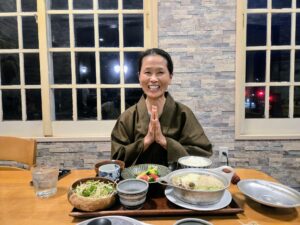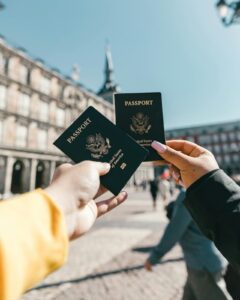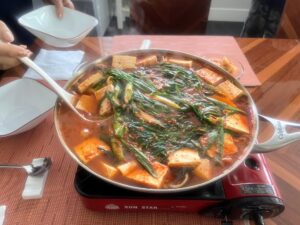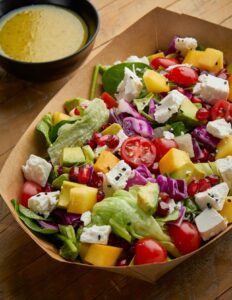Lately, I’ve been thinking about materialism and how it shapes the way we live and define happiness. As I travel and stay in different homes, I keep seeing the same thing—closets overflowing, rooms packed with stuff. I used to think owning more meant I was successful, even happy. But now, I’m starting to question whether all this stuff brings real happiness—or just the illusion of it.
What Is Materialism and Why Does It Matter?
Materialism is the belief that having more possessions leads to a better life. It often shows up in our desire for bigger homes, newer cars, and the latest gadgets. We’re taught from a young age that success is measured by what we own—not who we are.
This mindset is everywhere. We see it in advertisements, on social media, and even in casual conversations. Buying more becomes a habit, not because we truly need something, but because it feels like progress.
But over time, constantly wanting more can leave us feeling empty. The satisfaction we get from new things fades quickly, and we’re left chasing the next item, the next upgrade, or the next sale.
Materialism matters because it shapes how we spend our time, energy, and money. It often distracts us from what really brings value to our lives—like peace, connection, and purpose.
The Emotional Cost of Owning Too Much Stuff
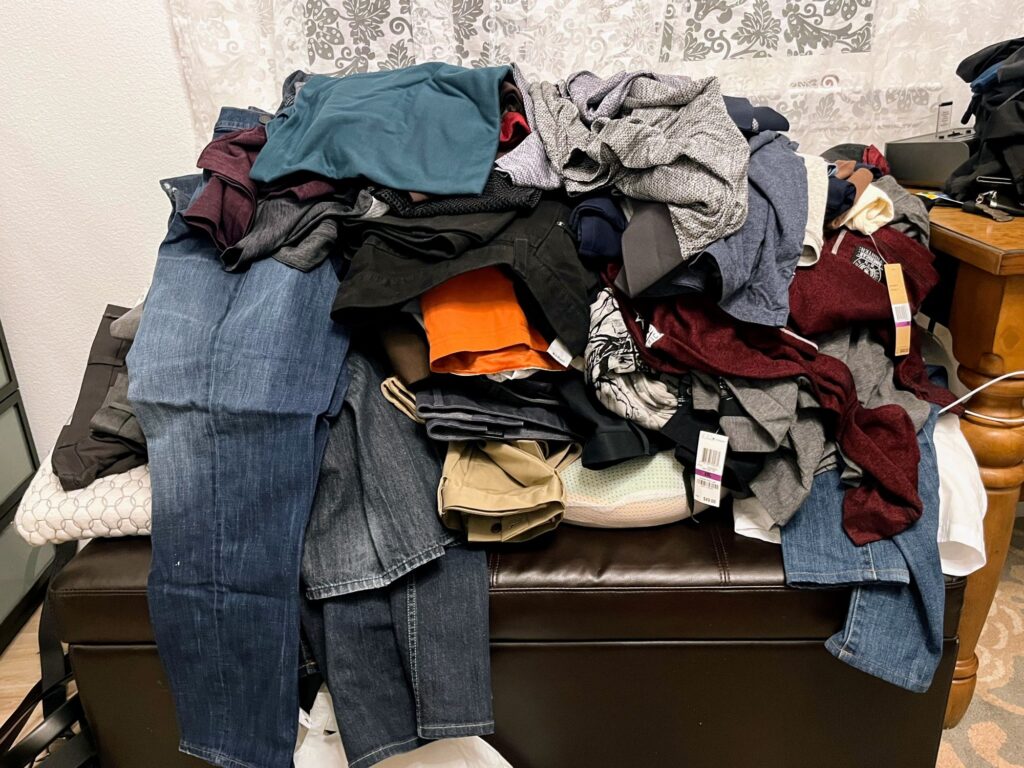
Most of us don’t realize how much mental space our things take up. When our homes are filled with too many items, it becomes harder to relax. Visual clutter quickly turns into mental clutter.
Materialism fuels this overload. It pushes us to keep adding more—even when we already have more than enough. And the more we own, the more we have to clean, organize, and manage.
Instead of comfort, excess often creates stress. There’s guilt about wasted money, frustration from disorganization, and anxiety about keeping up.
Over time, all that stuff starts to feel heavy. The emotional weight of materialism isn’t always visible, but it lingers in the background, slowly draining our energy and peace.
Why We Keep Buying More (Even When We Don’t Need It)
We don’t always shop because we need something. More often than not, it’s emotional. We buy things to reward ourselves, to feel better after a hard day, or to fill a void we can’t quite name.
Materialism encourages this cycle. We’re taught that buying more leads to happiness or success. Ads and social media constantly feed the idea that new things will somehow improve our lives.
What starts as emotional comfort slowly turns into routine. Over time, this cycle becomes automatic. We shop without asking if the item brings real value to our lives.
Instead of filling a real need, we end up collecting more clutter—driven by the quiet pressure of materialism.
When Materialism Defines Our Happiness
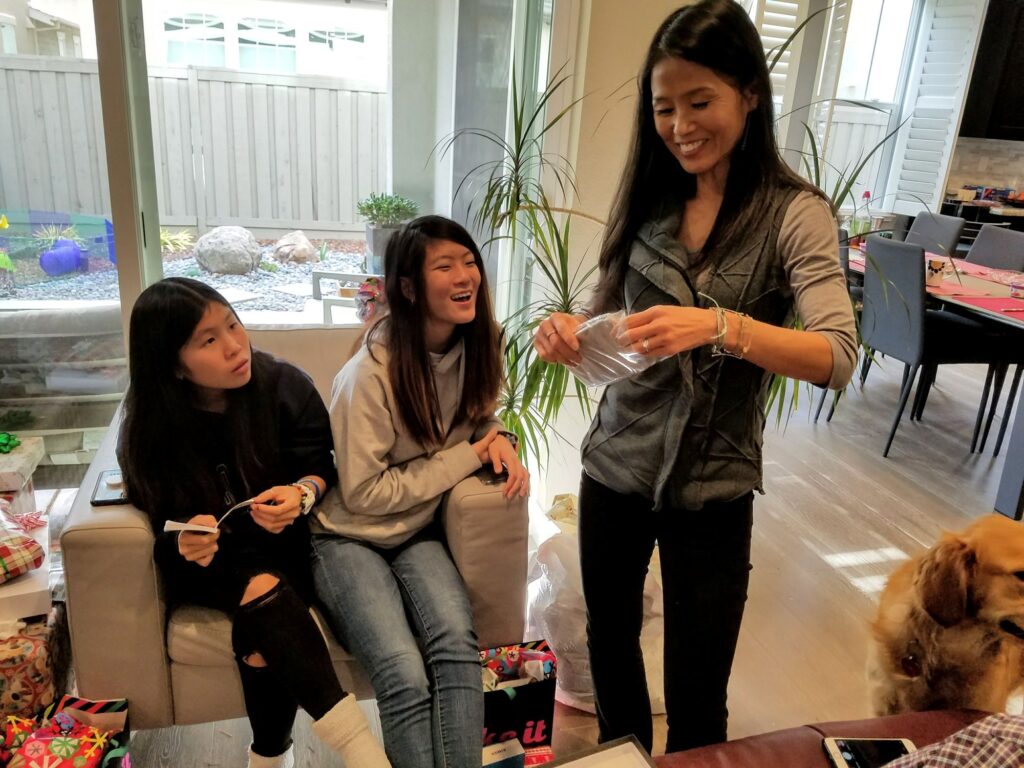
For a long time, I believed that more meant better. A nice home, the right clothes, the newest tech—it all felt like proof I was doing well. I thought materialism and having the right things would bring lasting happiness.
But materialism can be misleading. It convinces us that what we own is a reflection of our worth. That if we have the “right” things, we’ll feel satisfied. But it rarely works that way for long.
We often connect our self-worth to possessions because that’s what society rewards. The pressure to appear successful keeps us buying, even when we’re not fulfilled.
Happiness doesn’t come from accumulation. It comes from presence, intention, and feeling good about how we’re living—not just what we own.
Letting Go: What I’ve Learned from Living with Less
I didn’t shift overnight. But as I started letting go of things I didn’t truly need, something changed. My space felt lighter, and so did I.
Breaking free from materialism gave me a new kind of clarity. I no longer spent my time chasing the next thing or organizing stuff I barely used. Instead, I began focusing on what added real value to my days.
Fewer possessions also meant fewer distractions. It was easier to think, easier to clean, and easier to feel at peace. My home no longer reflected consumer habits—it reflected who I was becoming.
Letting go helped me understand what I truly valued. Living with less isn’t about scarcity. It’s about stepping away from materialism and choosing a life that feels more grounded.
What Really Brings Happiness
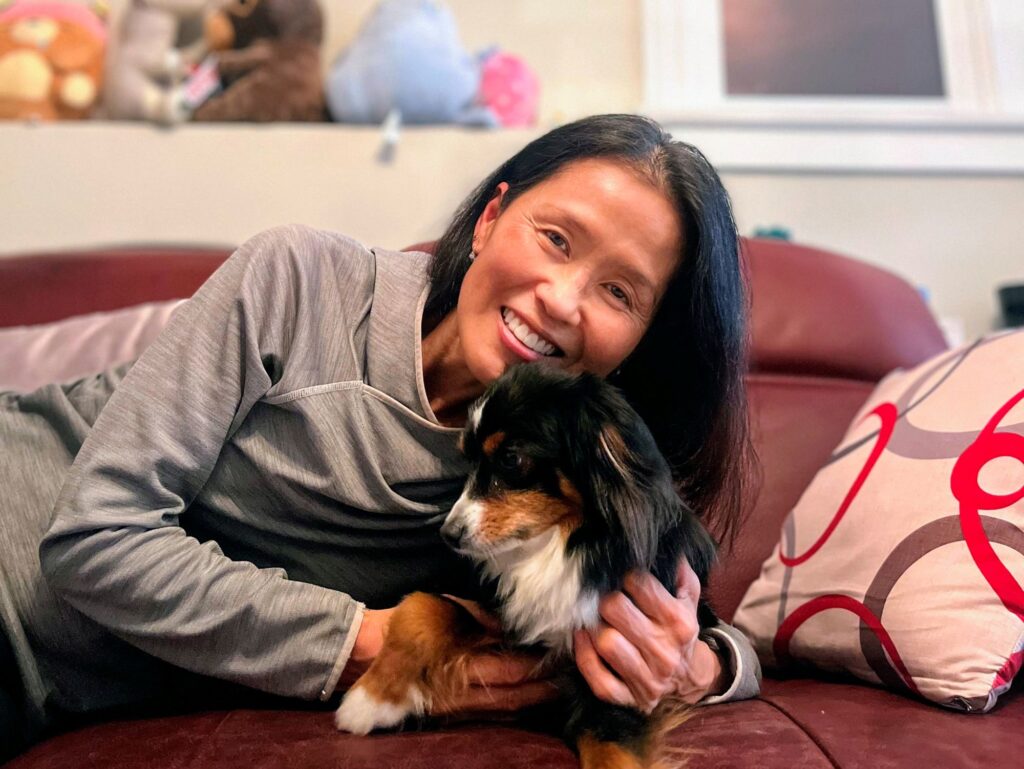
When I stopped chasing things, I started noticing what truly brought me joy—quiet mornings, time in nature, meaningful conversations, and doing what I love.
Stepping away from materialism helped me focus on what actually matters. Instead of searching for happiness through new purchases, I began finding it in simple, everyday moments.
I no longer needed more stuff to feel fulfilled. I needed presence, connection, and purpose.
Materialism promised happiness but never delivered. A slower, more intentional life gave me something better—peace.
A Life Beyond Materialism
Materialism is easy to fall into. We’re surrounded by messages telling us that more is better—that what we own defines who we are. But over time, I’ve learned that too much stuff doesn’t bring happiness. It only adds noise to an already busy life.
Letting go of the need for more doesn’t mean living with nothing. It means choosing what matters and releasing what doesn’t. It means asking ourselves, “Is this adding value—or just taking up space?”
The freedom that comes from living with less is something I never expected. It’s not just about decluttering my home—it’s about clearing room in my mind, my time, and my life.
So if you’ve been feeling weighed down, maybe it’s time to ask: What am I really holding onto—and why?






